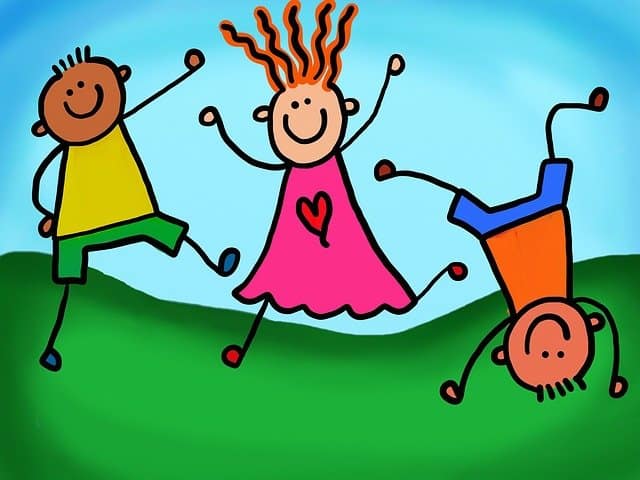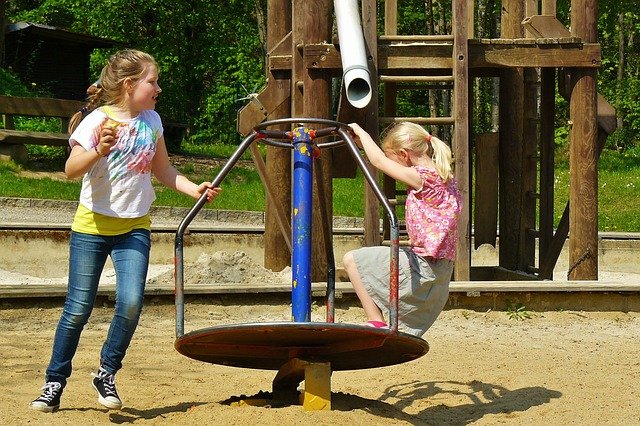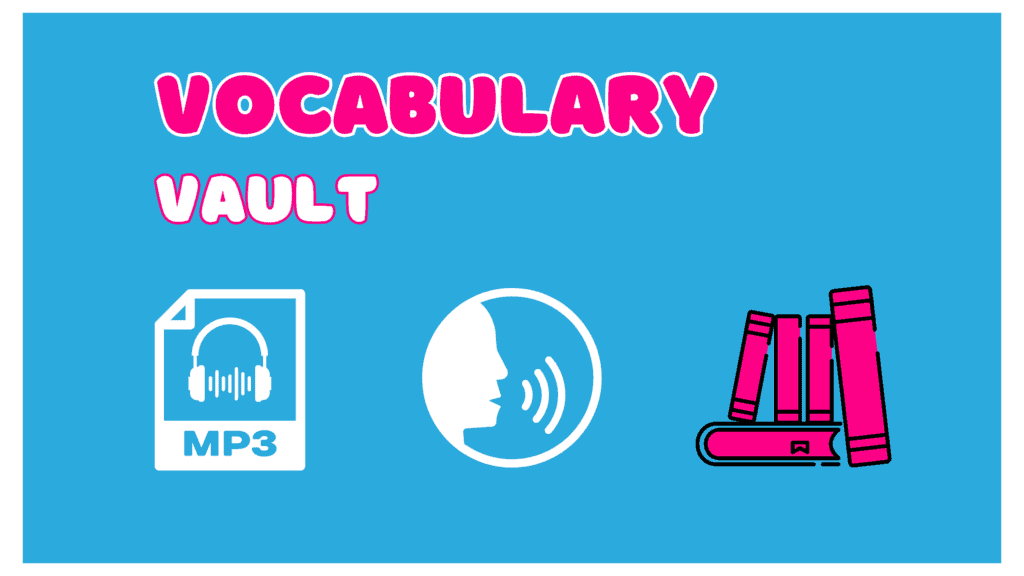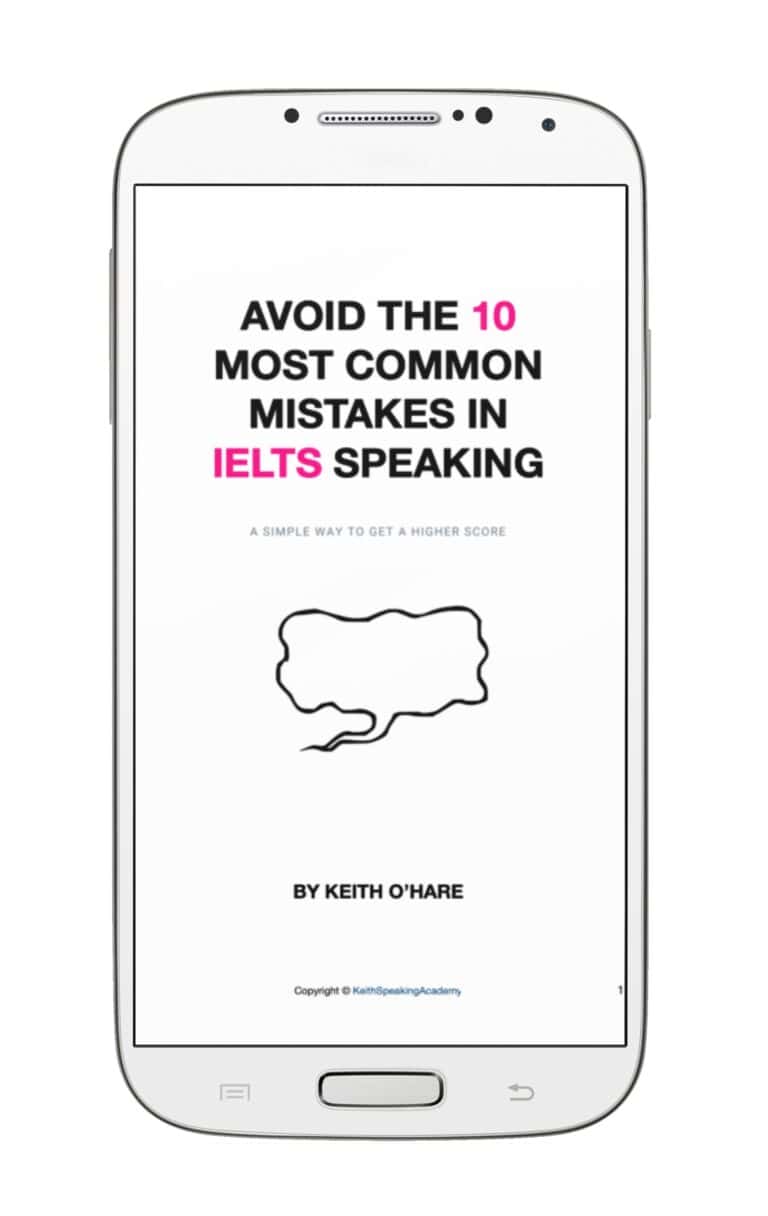IELTS Speaking Lesson about Childhood
👇 Take this lesson with you! 👇
Introduction
Childhood in IELTS Speaking is a tricky topic. In this lesson, you will learn how to talk about your childhood, your toys and life when you were a child.
Table of Contents
IELTS vocabulary: Childhood
To begin, remember that ‘child’ has an irregular plural form
child (singular) – children (plural)
When we talk about age, we can say,
A child of three
A three-year-old child
(Notice ‘year’ is in the singular, as it is an adjective here)
ADJECTIVES collocations to use with CHILD
The following are all good things
- well-behaved
- obedient
- gifted
- Talented
- patient
The following are all negative things
- difficult
- naughty
- wayward
- stubborn
- mischievous
- hyperactive
Childhood (n.) –
Adjective collocations to use with CHILDHOOD
The following are all good things
- happy
- cheerful
- carefree
- blissful
The following are all negative things
- lonely
- deprived
- gloomy
- sorrowful
Childish (adj.) = immature
Noun collocations to use with CHILDISH
behavior, attitude
An only child = having no brothers or sisters
In early childhood
Childhood memories/experience
Child-like enthusiasm / simplicity / delight
(having the qualities like children have, especially innocence)
To respond with child-like simplicity
Child restraint = a seat belt in a car to control/protect a child
Child seat/ car seat = seat for a child in a car
World-wide problems children face:
- The sexual exploitation of children
- Child labor
- Street children (=children forced to beg on the street)

IELTS phrases: Childhood
MORE EXPRESSIONS:
A. The following all have the same meaning
- I grew up in Manchester
- I was brought up in __________
- I was raised in __________
- I was born and bred in __________
If talking about the country, we can also say,
My motherland is ___________
B. When talking about family and places, we can use,
I grew up in ________
- my birthplace
- a nuclear family
- abroad
- a bustling city
- a stunning country-side
- a well-educated family
- a lush green valley
C. Phrases to talk about remembering
- I remember my childhood well
- I remember when I was a child, I used to….
- I recall _____
- I have a clear/ vivid memory of______
- I have fond memories of my childhood, especially ________
- I vividly remember ___________
- I often reminisce about my childhood
NOTE:
- The smell of the sea always reminds me of my childhood holidays
- Reminisce about (v.)
- Reminiscence (n.)
- Memory (n.)
Remember, when studying vocabulary, always try to
- learn phrases, not just words
- learn in context
- practice saying out the words
- make notes so you can revise later

IELTS Speaking: Childhood activities
Things you did as a child
We usually played made-up games / pretend games
We would play on the swings and roundabout in the park.
We often played hide and seek
If my memory serves me right, I used to play in the streets back then!
As far as I can remember, we played football on most days.
We often played chess
I ‘played house’ with my friends
We used to while away the hours playing games
To while away the hours = to pass the time idly / in a slow and relaxed way.
Past habits
I used to go to the park with my friends
We would often sit there for hours, chatting away.
It wasn’t uncommon for us to play football in the park and then hang out until tea time.
I often played outdoor activities with my friends
We got up to all sorts of things, like chasing mice, playing in the mud, and things like that.
To get up to = to be involved in (often surprising things)
Examples of childhood games and toys:
- Catch
- Tig
- Tag
- Blindfold game
- See-saw
- toy cars
- mini-kitchen set
- stacking toys
- geometrical shapes
- lego
- action figures
- jigsaws( puzzles)
- mini-microscope
- soft-toys
- crayons
- Play doh
- board games
- ludo
- building blocks
Children and toys
When I was bored I played a board game (both words pronounced the same)
I wouldn’t let go of my favourite doll / plush toy
I was obsessed with my train set
I loved my chess set
I was tethered to my iPad (=connected)
I would go everywhere with my bike
My bike was everything to me
My sister loved her Barbie doll and my brother loved his action figure
I was addicted to my PlayStation / video games / my Rubik’s cube
I was a big fan of playing cards
What I loved more than anything else was to play with my crayons and draw pictures
I could spend hours doing jigsaws
My favorite toy was a remote-controlled racing car
How life was different for children in the past
Kids are certainly not safer nowadays due to…
…the increased crime rate
…more kidnapping
…an increase in cyberbullying
…excessive traffic leading to more kids getting knocked over
…high pressure which leads to mental health problems
Children are less willing/reluctant / to have dinner with their families
Children are not so enthusiastic about having dinner with their families There is less communication within families because everyone is tethered to their mobile phone, leading to fewer family meals
Parents have less time for their children, and so children have less time for their parents!
Kids have fewer meals with their parents because there are fewer set routines nowadays, so it is hard to have a fixed time for dinner when the whole family can sit down together.
More women are in the workforce, so it is not uncommon for both parents of a nuclear family to be working, leaving many children alone and feeling more lonely than before.
Kids spend so much time on their computers and may not be aware of how little time they are spending with their friends.
Children are more aware of nutrition but are not necessarily eating more healthily
Children can get lots of information about health, but they are still attracted by fast food because it is marketed so well to children
Pronunciation Files For Vocabulary From My Best Live Lessons
Use Words EASILY in English Conversations!
More Free Lessons
If you liked this lesson, leave a comment below!
There are more lessons you can follow in the links below too.
BUSINESS in IELTS Speaking. Useful vocabulary and idioms to express yourself when talking about Business.
Family in IELTS Speaking. How to talk about your family, stages of life, and idioms about family.
BOOKS in IELTS Speaking. Powerful idioms and expressions to talk about the kind of reader you are, and the things you like to read.



Hi Keith!
I just want you to know that you are a great teacher whom we can rely on to get our desired IELTS score.
Can I ask a favor?, Can you do a lesson about the useful pattern or sentences structures for IELTS speaking test to help us more fluent in speaking.
Like for example if I want to practice my part 3 answers
I can probably use REEC= Reason, Examples, Experience and Conclusion
Do you have better pattern for every part of the test just to make our speaking more fluent and connect every ideas whe need to say.
Thank you
Hi Marcie, it’s an interesting question. Whilst the patterns can be useful (like REEC), I think students also need to be careful not to be too dependent on them. They can help, but when you get to Band 7 level (and higher), you need to go beyond them, and be flexible – repsonding to questions without using patterns. Thanks for your comment.
Very interesting and useful sessions…
Pleased to hear that Tency – thanks.
Thank you very much for clear conception for a Ielts candidate ,If make a note from your tips and sample answer for ielts real examination at speaking test , which band score I can Expect?
Thanks, you will really need to do an IELTS mock test with a teacher to find out the band score you can expect.
Hola viejo , Como estas ?
I really appreciate your hard work , Tus videos me han ayudado a la hora de ponerme a preparar el IELTS . I have always considered your website as a secret goldmine of natural expression that I can use to impress the IELTS examiner. Pero lo que pasa es estoy buscando alguna website que sirva para IELTS writing , por qué no te pones a IELTS writing también??
Buen trabajo mi viejo (
Gracias, si tuviera tiempo lo haría pero…no hay horas en el día!
You can have a look at Fiona’s site for writing, there is some good stuff there – https://ieltsetc.com/ielts-writing/